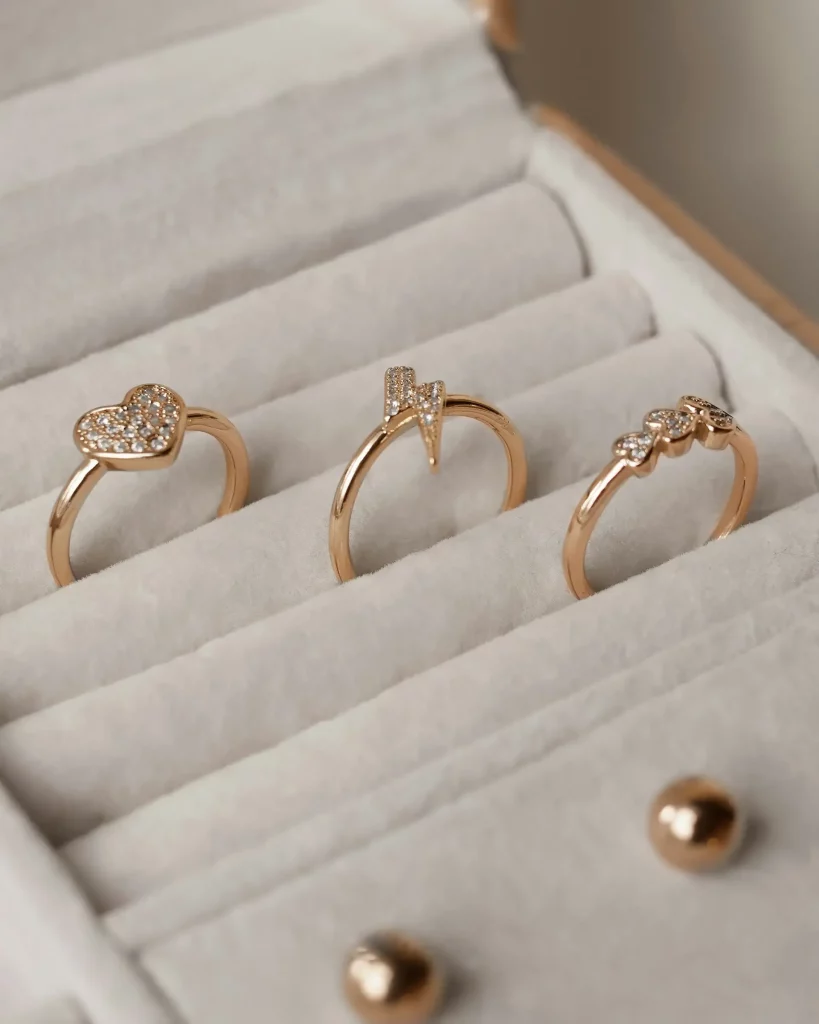Cut, Colour, Clarity & Carat Explained
Diamonds are beautiful—but not all diamonds are created equal. Jewellers use the 4Cs—Cut, Colour, Clarity, and Carat—to evaluate a diamond’s quality. Understanding these helps you make smarter decisions when buying or comparing diamonds.
1. Cut
The cut determines how well a diamond reflects light. It’s not the shape, but the quality of the angles, proportions, facets, and polish.
- Ideal Cut: Maximizes brilliance and sparkle.
- Grades: Excellent, Very Good, Good, Fair, Poor.
2. Colour
Colour is graded from D (colourless) to Z (light yellow or brown). Colourless diamonds are rare and more valuable.
- D–F: Colourless
- G–J: Near Colourless (good value)
- Fancy colours: Fancy colour diamonds are evaluated differently and often cost more.
3. Clarity
Clarity refers to the absence of inclusions (internal flaws) and blemishes (surface flaws).
- Grading Scale: Flawless (FL), Internally Flawless (IF), VVS1–VVS2, VS1–VS2, SI1–SI2, I1–I3
- Most inclusions are invisible to the naked eye at VS2 or better.
4. Carat
Carat refers to weight, not size. 1 carat = 200 milligrams. Larger diamonds are more rare and expensive.
- Size vs. Weight: A well-cut 0.90ct can appear similar in size to a 1.00ct diamond.
- Price jumps: Certain weights (like 1ct, 1.5ct) often have significant price increases.
How the 4Cs Work Together
All four Cs influence a diamond’s appearance and price. A balance between them often gives the best value. For example, a slightly lower color grade with an excellent cut can still appear stunning.
Ready to Choose the Perfect Diamond Jewellery?
Explore our curated collection of fine jewellery to find a piece that matches your taste and budget. Browse Featured Diamonds
Need expert advice? Talk to a specialist — we’re here to help.
